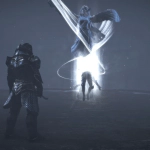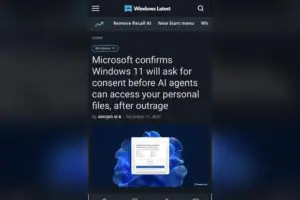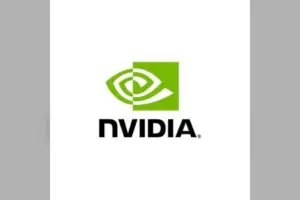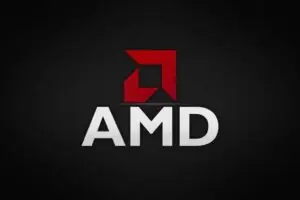Digital Rights Management (DRM) is a pretty spicy issue among gamers, with lines that have been drawn in the sand as early as the late 70s. Ultimately, however, both sides agree on two things; developers should get paid for quality work, and consumers should be able to use the software they purchase. If the debate was as simple as that, it would’ve been over shortly after it started.
Yet the world exists in shades of gray, keeping ethics professors well-employed for the foreseeable future.
One issue of DRM that the argument inevitably circles back around is the concern that if companies that control added DRM go under, large swaths of games could become unplayable by any customer. Many titles have already fallen prey to this, with many games no longer able to be played unless someone bypasses the DRM; Battlefield 2, DarkSpore, Moonrise, Metal Gear Rising on the Mac, and even Age of Empires Online have all been lost to varying degrees for the rest of time.
Thankfully, the list is shorter than it could be in the future. Taking into consideration the exponential increase in DRM companies such as DENUVO, a modern anti-tamper company poses a tremendous risk to games if they suddenly go under. Even Steam offers DRM via the platform itself, and Valve going under could mean the loss of thousands of titles for millions of gamers around the world.
The classic retort to that statement is that the possibility of that happening is slim to none and that there’s no empirical data for that occurring on a large scale.
Recently, however, Disney made a decision with far-reaching consequences; they’ve opted not to renew their contract with SecuROM, whom have been contracted to provide DRM for Disney’s Tron: Evolution. Nine years after release, Tron: Evolution is no longer playable by any legal owners of the game.
SecuROM refuses to remove the server validation check, and Disney apparently can’t be bothered to do it either. The game is now simply unplayable for legal owners, due to DRM methodology. The only people that can continue to play the game are those who find the title on websites that offer illegally cracked versions with no DRM.
It’s a confusing idea, that the developers add DRM to protect against piracy, hurting legitimate owners of the game while those that opt to pirate often experience a problem-free title.
It’s almost as if DRM-inclusion is causing piracy to have merit, and that isn’t the ideal end result for anyone.





